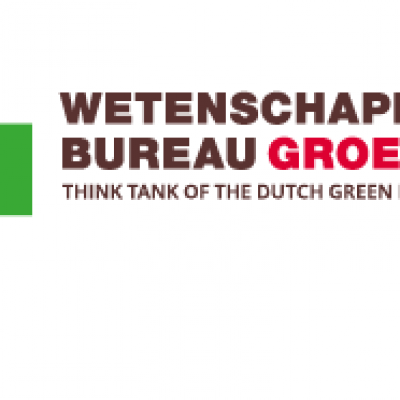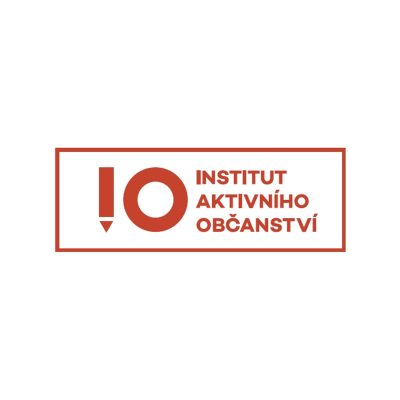
- This event has passed.
Smart Cities and Citizen Science
2020

How can modern technologies be used by citizens to contribute to cleaner, healthier urban environment? What are local good practices from the Czech Republic, Slovakia, and elsewhere in Europe? Join us in this webinar to find out!
About the Event:
This international webinar will offer local government representatives, politicians, municipal officials, as well as academic experts and practitioners from Czech and Slovak cities the opportunity to share their experiences and be inspired by the practices of other cities.
We will discuss how to strengthen the environmental qualities of cities through citizens’ participation. For example, through presenting various examples of using citizens as motivated amateur scientists, equipping them with modern technologies for direct data collection.
Context:
This project is a part of the GEF transnational project “A Charter for the Smart City II”.
All over Europe, so-called ‘smart cities’ are the testing grounds for new technologies that affect how we live, how we organise our societies and what our ethical foundation is. Given the opportunities that new technologies offer for reducing the ecological footprint of cities and creating new urban commons, but also the potential threats they pose to civil liberties and social justice, GEF aims to stimulate the debate on smart cities.
To this end, GEF has developed, with the support of its partners, a Charter for the Smart City, consisting of guiding principles that will make it easier for green European politicians and activists to assess and steer technological innovations in their cities. Throughout 2019, ideas were solicited digitally and through events across Europe, including best practices from NGOs, experts, and local green politicians, as well as from GEF partner foundations and other Green European actors. These resulted in the published Charter for the Smart City.
Speakers:
- Richard Wouters (Wetenschappelijk Bureau GroenLinks, Utrecht) – author of “A Charter for the Smart City” will show how modern technologies often present us with new dilemmas and how to approach them in order to strengthen the fundamental values of a democratic society.
- Alena Bartoňová (Norwegian Institute for Air Research, Oslo) – Director of Air Quality Research in Oslo, Norway, will highlight concrete examples from European cities of how easier access to monitoring technologies increases people’s interest in the cleanliness of the air they breathe and enables research institutions and municipalities to involve the general public in tackling air pollution.
- Thomas van Oppens (City Councilor, Leuven) – the city councilor of the Belgian city of Leuven will present inspiring examples of the use of “citizen science” for independent traffic monitoring. You will learn how the city uses this data.
- Dana Mareková (lawyer, civic activist, Bratislava) – combines law and environmental campaigns and shares her experience from Slovakia regarding the Bratislava air quality measurements carried out before the international Clean Air Forum 2019. She will explain what the situation looked like, what they were trying to achieve, how city and state representatives reacted, and lessons for the future from such campaigns.
- Michal Šindelář (Partnership Foundation, Brno) – an expert on bicycle transport will reveal how the data collected by city cyclists can be used by local governments to create better conditions for cycling.
Programme:
9:00-9:05 Welcome
9:05-9:15 Richard Wouters (NL)
9:15-9:35 Alena Bartoňová (NOR)
9:35-9:50 Thomas Van Oppens (BE)
9:50-10:05 Dana Mareková (SK)
10:05-10:20 Michal Šindelář (CZ)
10:20-10:30 Discussion and conclusions.
Practicalities:
The conference will take place via videoconferencing platform Zoom in Slovak, Czech and English. Simultaneous English-Slovak interpretation will be provided
Participation in the online conference is free, only electronic registration is required here: https://forms.gle/7CNYS8krsHGToAEs5
——
This conference is organised by the Green European Foundation with the support of Institute for Active Citizenship and Wetenschappelijk Bureau GroenLinks with the financial support of the European parliament to the Green European Foundation



